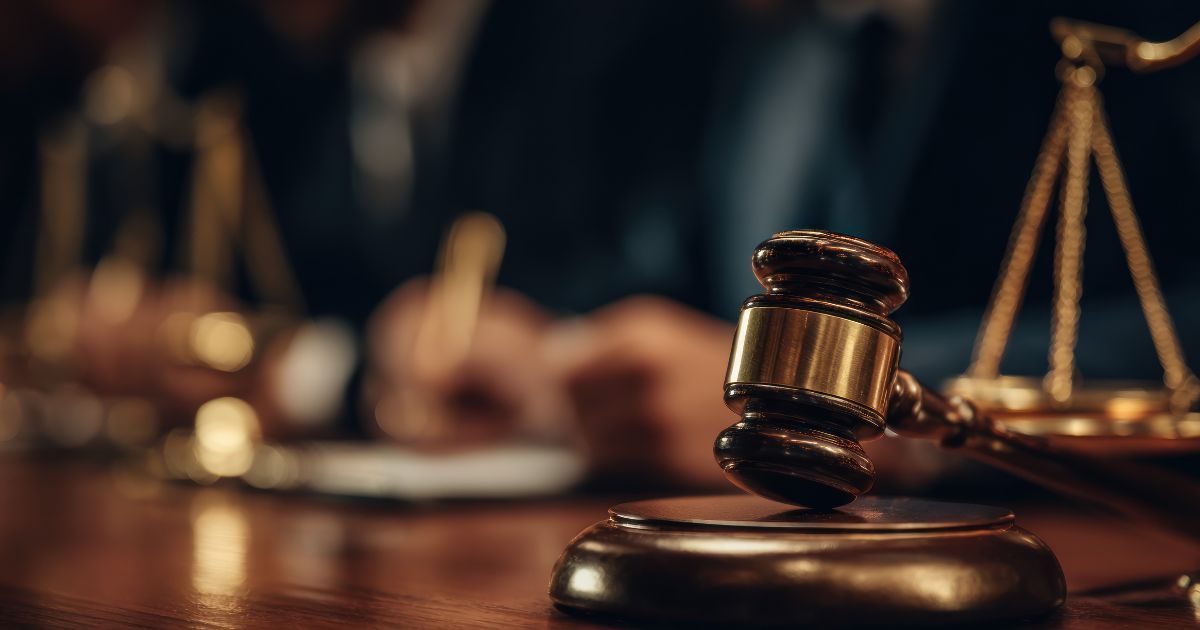Your Legal Options When Your Landlord Refuses to Maintain Your Rental Property
When you sign a lease in Florida, you're not just agreeing to pay rent. Your landlord is also agreeing to maintain the property in a safe and habitable condition. But what happens when your landlord consistently ignores maintenance requests, refuses to make necessary repairs, or lets the property fall into disrepair? You may have legal grounds to sue your landlord for breach of their obligations under Florida law.
What Is Your Landlord Required to Maintain?
Under Florida Statute 83.51, landlords must comply with all building, housing, and health codes. They are required to maintain the roof, windows, doors, floors, and exterior walls, keep plumbing in good working condition, provide functioning facilities for heat during winter, maintain electrical systems safely, provide working locks and keys, and ensure the property is free from pests. When landlords fail to meet these obligations, they are in breach of the lease agreement and Florida law.
When Can You Sue Your Landlord for Failure to Maintain?
You may have grounds to sue your landlord if they have failed to maintain the property after receiving proper written notice, if the condition violates building, housing, or health codes, if the failure to maintain has caused you financial harm or forced you to live in uninhabitable conditions, or if your landlord has breached a specific term of your lease agreement. The key is documentation. You must be able to prove that you notified your landlord of the problem in writing, gave them a reasonable opportunity to fix it, and that they failed to take action.
What Damages Can You Recover?
When you successfully sue a landlord for failure to maintain, Florida law allows you to recover several types of damages. You may be entitled to a rent reduction or refund for the period when the property was not habitable, costs you incurred to temporarily relocate due to uninhabitable conditions, the difference between what you paid in rent and the actual value of the property in its defective state, and in some cases, attorney's fees and court costs if your lease or Florida law allows for it.
For example, if you've been living with a broken air conditioning system for three months in Florida's summer heat, and your landlord ignored your repeated requests for repair, you may be entitled to a partial refund of rent for those months. The court will consider how the lack of AC affected the livability of your rental unit.
The Connection to Eviction Defense
Many tenants who sue their landlords for failure to maintain find themselves facing retaliatory eviction. Florida Statute 83.64 protects tenants from retaliation when they exercise their legal rights. If your landlord tries to evict you within six months of you complaining about maintenance issues or taking legal action, you may have a defense against the eviction based on retaliation.
Additionally, if your landlord files an eviction for nonpayment of rent after you've properly withheld rent due to uninhabitable conditions, the failure to maintain can serve as a complete defense to the eviction. This is why it's critical to follow proper legal procedures and document everything from the start.
Steps to Take Before Filing a Lawsuit
Before you file a lawsuit against your landlord, make sure you've taken these important steps. Document everything by taking photos and videos of the maintenance issues and keeping copies of all written communications with your landlord. Send written notice to your landlord describing the problem in detail and requesting repairs, and send it via certified mail or email to create a record. Give your landlord a reasonable opportunity to make repairs, typically at least seven days for health and safety issues. Keep records of any expenses you incur due to the maintenance failure, such as hotel costs or repair bills. Consider whether other remedies might resolve the issue faster, such as withholding rent properly or terminating your lease.
Get Experienced Legal Help
Suing your landlord for failure to maintain can be complicated, and landlords often have legal representation. You need an attorney who understands Florida landlord-tenant law and can build a strong case on your behalf. At Korte & Associates, we specialize in helping tenants hold landlords accountable for their legal obligations. Whether you're dealing with ongoing maintenance issues, facing retaliatory eviction, or need to understand your legal options, we're here to help.
Don't let your landlord ignore their legal responsibilities. Contact Korte & Associates today for a consultation and let us help you understand your rights and legal options under Florida law.



